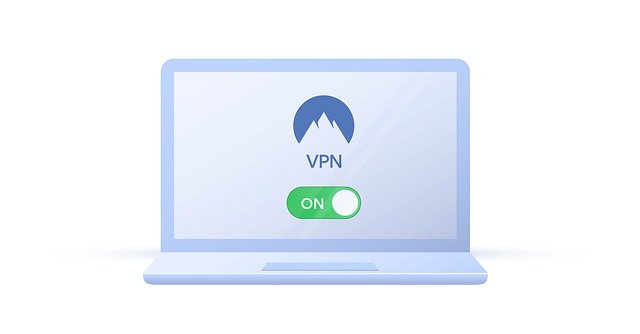Table of contents
What is public WiFi?
You must be wondering – Is using public WiFi safe? And indeed you have a right to worry. Public wifi is any internet connection that is available to the general public for use. Free or cheap connections are the new norm and have become very popular at coffee shops, restaurants, airports, libraries, and other venues. These connections are generally not encrypted, so they leave you vulnerable to attack from other users. All of your traffic is visible to everyone else on the same connection.
What is VPN?
Virtual Private Networking (VPN) can be used to create a secure connection between two or more remote locations. A VPN is a technology that allows organizations to securely connect their offices through a public network, such as WiFi or a corporate intranet, with their office buildings over the Internet. Read more about VPNs in this article.
Risks of using public WiFi
When you are on a public wifi network, there are risks to your security in addition to anything else. Hackers can gain access with social engineering or by guessing passwords. You should never click links in emails or instant messages that could contain malware when using these networks because it could lead you into a hacker’s trap. For this reason alone it is worth getting a VPN if for nothing else but your online privacy while browsing on these networks.
WiFi Passwords does not mean secure WiFi
The biggest misconception people have about public wifi is that it is secure. It is not. Many people believe that if they have a password on their WiFi, then they are safe on the network. This is not the case at all.
Having a password on your WiFi connection does not keep you safe from a hacker, a government agency, or an ISP trying to collect metadata about you and your online activity for marketing purposes. An attacker can easily capture your internet activity with less sophisticated hacking tools such as Wireshark. Even though these tools are common and easy to use, companies like your ISP want to sell the data they collect (metadata) to advertisers and other third parties such as insurance companies.
It might not be Their Router
Do not assume that it is your neighbors’ routers that are the problem when you have problems connecting to the internet. If everyone in your neighborhood has problems connecting or if you are getting disconnected from being on these networks, then there is probably a “man in the middle” attack going on. This kind of attack happens when an attacker sets up their own router so they can monitor all online traffic coming out of the public wifi network.
Always use HTTPS websites
When using public wifi, you should always check to see if a website has https before logging into it or entering any kind of sensitive information into it (such as your bank account number).
However, can be hacked!
Many people think that TLS is “secure” because it uses encryption. However, it only encrypts the connection between your computer and the server. It does not encrypt your data once it gets to the server and all of your data is still visible to the ISP and anyone who is monitoring or man-in-the-middling on these networks.
What if I use a VPN while using public wifi?

A VPN will always use encryption to keep you safe from any attacker on these networks. This means that if you are ever on one of these compromised networks, hackers will not be able to gain access to sensitive data such as banking information or credit card numbers that you send over the network.
How to protect yourself while using public wifi
1- Never login to a website on a public network that is not using https. Use a VPN for additional security on these networks.
2- Always use a VPN on a public network.
3- WPA2 encryption should be used on all WiFi networks. Use WPA2 if your router or modem supports it, otherwise use the highest encryption your router or modem supports. Avoid any wifi with WEP encryption as it can be hacked relatively easily and quickly by anyone with some basic hacking skills.
4- Be wary about clicking on links that come from emails or instant messages. Anything sent over a public network is subject to interception by attackers and should not be trusted. These attacks can happen even if your email program uses SSL (https).
5- Never give out the word for your wifi password and never use one of those “guess my password” tools on a public network.
6- If you are on a public network and you feel like someone is spying on you, switch to another channel such as an open wifi channel (such as channel 13) as some people will still be broadcasting radio signals over those channels but they are less likely to be hacking you with those signals.
7- Never use shared wifi with your mobile devices.
8- Never login to a site on a public network if you feel your session is being hijacked by someone else.
Conclusion
Public wifi networks are not safe to use. It is best not to use them at all, but if you have no choice, use a VPN to help protect you.

